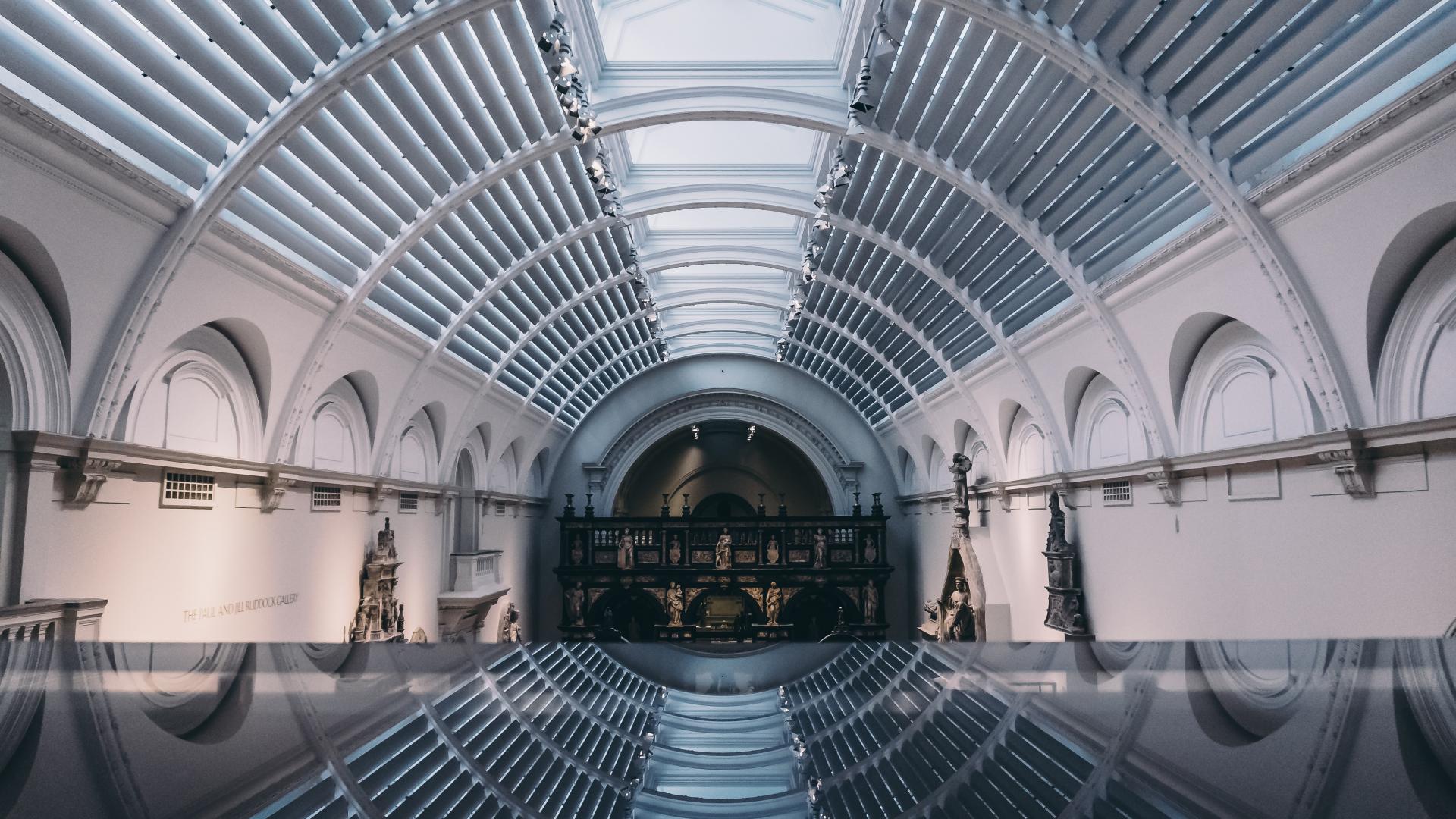
Welcome to our expert series on the post-COVID reset. That is, a reset along a more inclusive and smart path. The series introduces listeners to leading thinkers as they debate concrete policy options for such a recovery and take stock of the data that could (and should) inform these policy shifts.
This podcast is concerned with trust in science, its links to policy, and the need to embrace (if the intent is to effectively manage) the trend of knowledge democratisation.
The expert is Gloria Origgi. She is a philosopher and the Director of Research at the CNRS in Paris. Her work is focusing on issues of trust, reputation, and social dimensions of knowledge. Such roles and the rich expertise Gloria brings are key to untangling today’s topics.
The host is UNESCO’s Iulia Sevciuc.
Thread 1 talks about how trust in science is a very particular form of trust. It comes with an asymmetry between the two parties – the public and the experts – in their understanding of the science, of the methods, of the outcomes, of the negative and the positive corollaries. These are, in essence, power and knowledge asymmetries that require the public to surrender reasoning to the other party and to put itself in a position of vulnerability. Such an equation is only further complicated by the eroding trust in governance, public institutions, and, expectedly, scientific advice and knowledge associated with those.
Thread 2 debates how COVID-19 changed, in both the short and long run, public relation to knowledge and expertise. In this unique moment of over-reliance on and over-exposure to science, mistakes in communication and crisis management were made that need to be processed when moving forward. There is no hiding – science is now a form of participatory democracy and, as such, requires rethinking and rebuilding from within towards new forms of legitimation (beyond the community of peers) and greater inclusion.
Thread 3 puts forward recommendations to both the knowledge and the policy actors on how to improve trust in knowledge, how to make the world of experts and expertise more transparent, and how to practically equip the public with the skills and the indicators to navigate it effectively.
Have you seen?
We politicised science and scientised politics – is that a problem?
Recalibrate - our policies were too heavy on efficiency, too light on equity
On the go? Listen and subscribe here:
Also on: Apple Podcasts | Google Podcasts | Spotify | Amazon Music | YouTube | Deezer | Anchor
....
Gloria Origgi is the Director of Research at the CNRS in Paris and a member of the PeriTia European project on policy and trust in science.
Iulia Sevciuc is UNESCO’s lead on inclusive policies and knowledge impact on policy. Prior to this appointment, Iulia worked with the United Nations Development Programme (UNDP) on similar agendas.
The facts, ideas and opinions expressed in this piece are those of the authors; they are not necessarily those of UNESCO or any of its partners and stakeholders and do not commit nor imply any responsibility thereof. The designations employed and the presentation of material throughout this piece do not imply the expression of any opinion whatsoever on the part of UNESCO concerning the legal status of any country, territory, city or area or of its authorities, or concerning the delimitation of its frontiers or boundaries.
